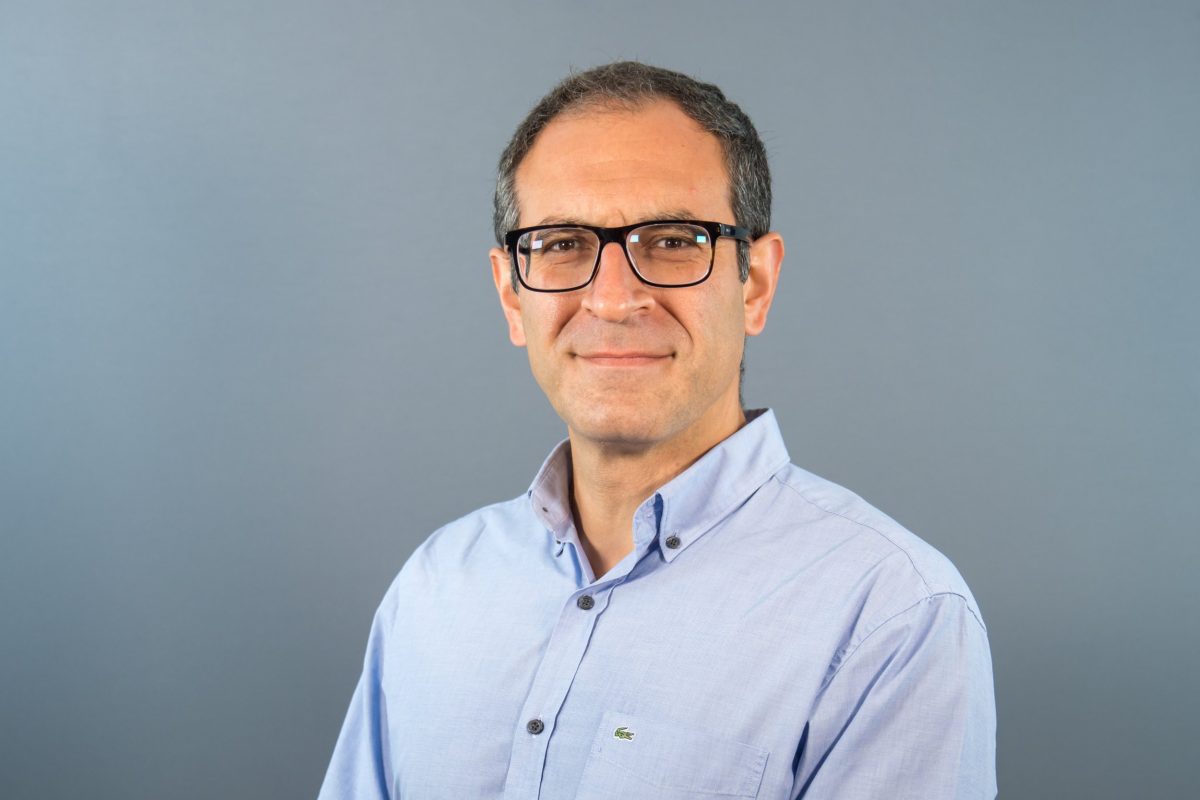As we near the end of September, the ever-popular Sober October is almost upon us. Whether you just want to take a break after a particularly boozy summer or you have a specific health concern, it’s a good reminder of how alcohol can change the body.
One of the best-known impacts is on our liver. According to the British Liver Trust, there are more than 31 deaths a day due to liver disease, driven by a four-fold increase in death rates over the last 50 years. On top of that, the number of liver cancer cases is set to double by 2050, according to the Lancet Commission on Liver Cancer, published in July this year.
But alcohol is not the only factor that harms our liver health. The number of liver cancer cases has been attributed in part to rising cases of obesity. Cases of Metabolic Dysfunction-Associated Liver Disease (MASLD, previously known as Non-Alcoholic Fatty Liver Disease or NAFLD) are rising globally, with an estimated 32 per cent of adults worldwide and a projected increase to 55.4 per cent by 2040.
Read Next: Why we may have evolved to love alcohol
According to the NHS, you are more likely to develop MASLD if you are overweight, with a lot of fat around your stomach and waist. (Or if you have type 2 diabetes, lead a sedentary lifestyle, have PCOS, or have high blood pressure or high cholesterol, or are over 50.)
Ensuring we take care of our livers doesn’t just reduce the risk of developing liver disease. As one of the most important and surprisingly large organs in the body, the liver performs several key functions, including producing the fluid that helps us break down food, cleaning toxins from the blood, as well metabolising key nutrients.
With this in mind, we spoke to Dr Amer al-Joudeh, hepatologist and gastroenterologist, about how he folds has expertise as a liver doctor into his everyday life.
What to eat
“There is evidence that the Mediterranean diet is one of, if not the, healthiest type of diet. So I try to avoid high saturated fat foods, processed meats, and try to use healthy fats like olive oil. I focus on avoiding white sugar and the more processed carbohydrates. Potatoes, wholemeal breads and pastas are better for your liver as they release energy more slowly than processed carbohydrates, which helps prevent spikes in blood sugar. High blood sugar can contribute to insulin resistance and fatty liver disease.
“Similarly, I eat more white meat and less red meat, as red meat contains more cholesterol, which can inflame the liver. Make sure also to get healthy sources of protein like eggs and fish to help support your exercise.”
What to drink
“I also drink a lot of coffee. Luckily, there are quite a few publications about the benefits of coffee for our liver. Coffee has an antioxidant effect that helps us to reduce damage to the liver and two or three measures a day of caffeinated coffee will help you access that benefit. That said, I do probably drink too much at five a day – though my wife is making sure I reduce it.”
Staying in shape
“Cardio exercise is very beneficial because the liver is a highly vascular organ and cardio improves your circulation. Secondly, it helps you become leaner and lose abdominal fat. This is important because this is the most inflammatory.
“But the cardio doesn’t have to be strenuous. I’ve moved away from running to brisk walking instead.
“You want to get your heart rate safely to a level where you are burning fat and working your cardiovascular system. There is an equation that helps you work this out: 220 minus your age is the highest safe heart rate for burning fat. I’m 48 so mine is 172. So I aim to go to about 150 for about half an hour every day. That helps me break down fat, lose weight and reduce my waistline.
“The waistline is particularly important because a higher waist circumference relative to your height is often a better predictor of liver problems than BMI. You can measure your own ratio.”
Building muscle
“On top of this, I regularly do some kind of weight resistance. It doesn’t have to be heavy weight-lifting. But it’s recommended, especially as we get older, to keep our muscle mass, so we remain strong as we mature.
“This is important in this case because resistance training helps reduce insulin resistance, which is very important for the liver. If we can reduce insulin resistance, we can reduce the risk of obesity, which can lead to fat building up in the liver.”
Drinking alcohol
“I used to drink up to 30 units every week as a student and into my early thirties [the recommended weekly limit is 14 units a week.] But as I got a regular job, more duties and became a father, I gradually weaned it down. I needed to take care of my professional responsibilities and I wanted to be a good example for my kids.
“The other benefit, though, as a hepatologist, is that drinking less is far more beneficial for our liver, as well as our brain and our digestive system.
“These days I still drink, but much less. About two units on a Friday and six to eight units on a Saturday. Some weeks I drink less, and on some weeks (like holidays, about five to six weeks a year) I drink more. Doing that occasionally does not affect us long term.
Read Next: What alcohol does to your body in every decade of your life
“My personal preference is beer and whisky as I like the taste and variety. I do drink a glass of wine or beer with food but wine has the highest amount in calories and red wine makes me sleepy, so I will drink that less. I always drink alcohol with food, as drinking without food increases the risk of liver cirrhosis (severe liver scarring).
“The key thing is to make sure you have a few days’ break between drinking days. It’s evidence-based that you need your liver, as well as the rest of your organs, to be free from alcohol for a few days a week. The liver is like a refinery and it needs time, in simple terms, to clear itself out so it can start working again. Without that time, the liver cannot regenerate. We will accumulate fat in the liver, and that fat can cause inflammation which will lead to scarring. That scarring can progress to the point of cirrhosis which is significant, permanent scarring of the liver. That sometimes may improve, but it also may not. So it is better to avoid it.
“That said, you don’t need to quit drinking entirely as long as you do not have other risk factors for liver/kidney damage. The liver itself can tolerate reasonable amounts, which the government says is 14 units a week. For the general public, that’s a safe limit to say you should have no more than two to three (for women) or three to four (for men) units a day, with at least a two-day break. However if you look at the specifics, then some people shouldn’t drink alcohol at all. If they are diabetic or overweight, they’re at higher risk of developing liver scarring. So it’s variable. But if you have an overall healthy body, then you can consume alcohol safely within reason. That is what I do.”




